Earth
-
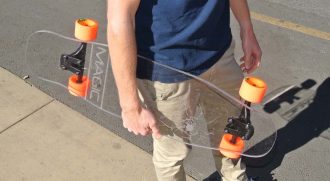 Chemistry
ChemistryChemistry: Green and clean
“Green” means environmentally friendly and sustainable. Green chemistry creates products and processes that are safer and cleaner — from the start.
-
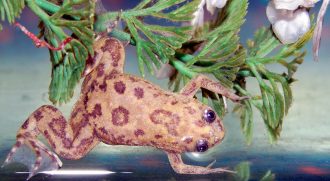 Environment
EnvironmentExplainer: What are endocrine disruptors?
Some chemicals can act like hormones, turning on or off important processes in cells. That can harm development or even trigger disease.
By Janet Raloff -
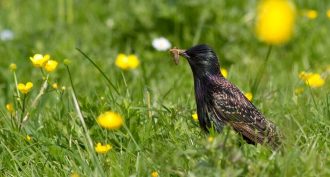 Environment
EnvironmentBug-killer linked to decline in birds
One of the most popular chemicals used to protect crops from bugs may also take a toll on birds, a Dutch study finds. U.S. farmers also rely on these insecticides, a second study finds.
By Stephen Ornes and Janet Raloff -
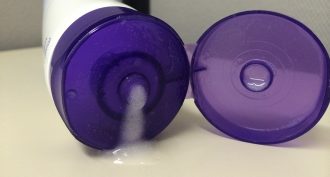 Earth
EarthMailing off my microbeads
I was shocked to find out that my face wash contains plastics that might possibly harm marine creatures. So I’m donating it to science.
-
 Agriculture
AgricultureYour food choices affect Earth’s climate
Producing food can put a lot of climate-warming pollutants into the atmosphere. But some foods, especially meats, contribute more than others.
By Janet Raloff -
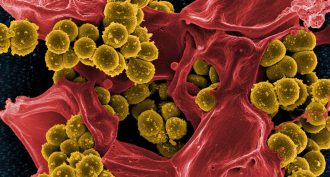 Microbes
MicrobesSuperbugs: A silent health emergency
Have antibiotics become too popular? Overusing these medicines fuels resistant germs that pose a global health threat.
-
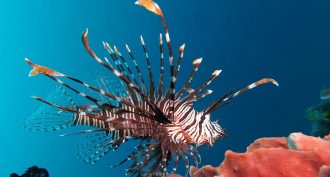 Animals
AnimalsTeen shows salty lionfish are getting fresh
Lauren Arrington kept spotting lionfish in rivers near her Florida home. Her science fair project probed how much fresh water these ocean fish could stand — and led to a published research paper.
-
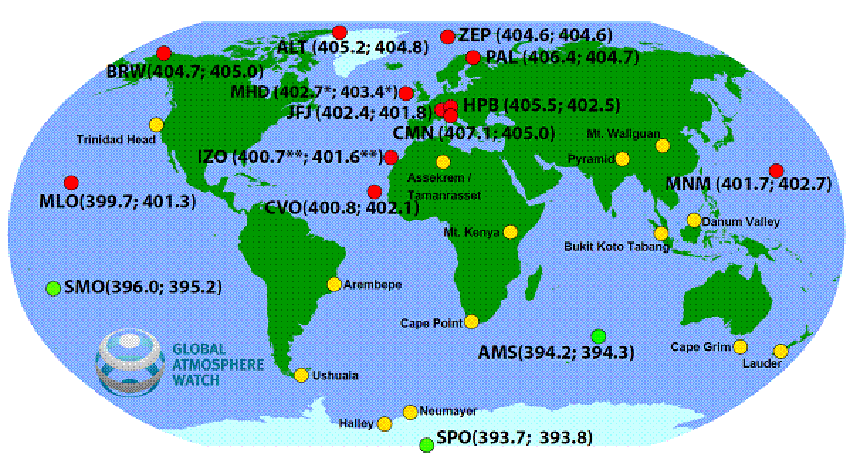 Environment
EnvironmentSeeing red: North’s CO2 hits new peak
CO2 values are now 50 percent higher than before the Industrial Revolution.
By Beth Mole -
 Environment
EnvironmentNative ‘snot’
The ‘rock snot’ choking rivers may be native algae. Experts blame its sudden and dramatic emergence on changes in Earth’s atmosphere, soils and climate.
-
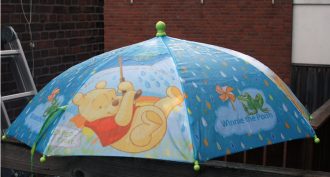 Climate
ClimateThis umbrella ‘listens’ to rain — for science
Scientists have developed an umbrella that ‘listens’ to falling raindrops. One day, a fleet of such simple rain gauges may help scientists better map weather patterns and changes in Earth’s water supplies.
-
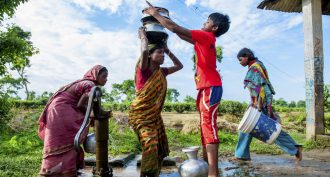 Earth
EarthNifty science
Inspired research put select high school seniors on the path to the 2014 Intel Science Talent Search finals.
By Sid Perkins -
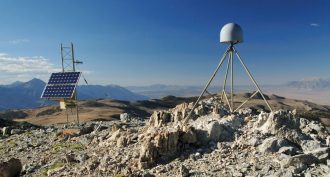 Earth
EarthThirst for water moves and shakes California
Here’s a scary cost to pumping up groundwater to slake the thirst of crops in California’s Central Valley: It may uplift nearby mountains and trigger tiny earthquakes, experts find.